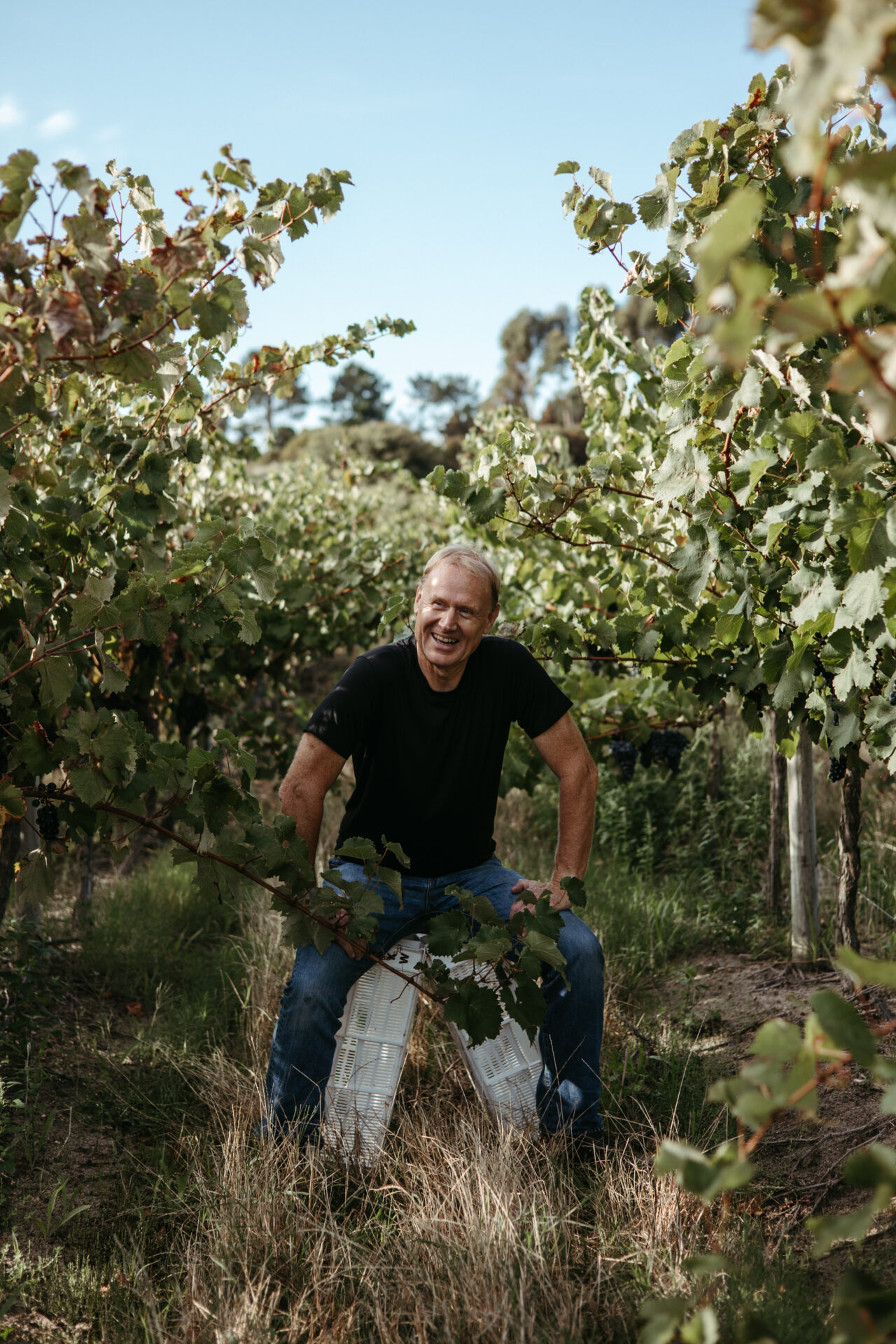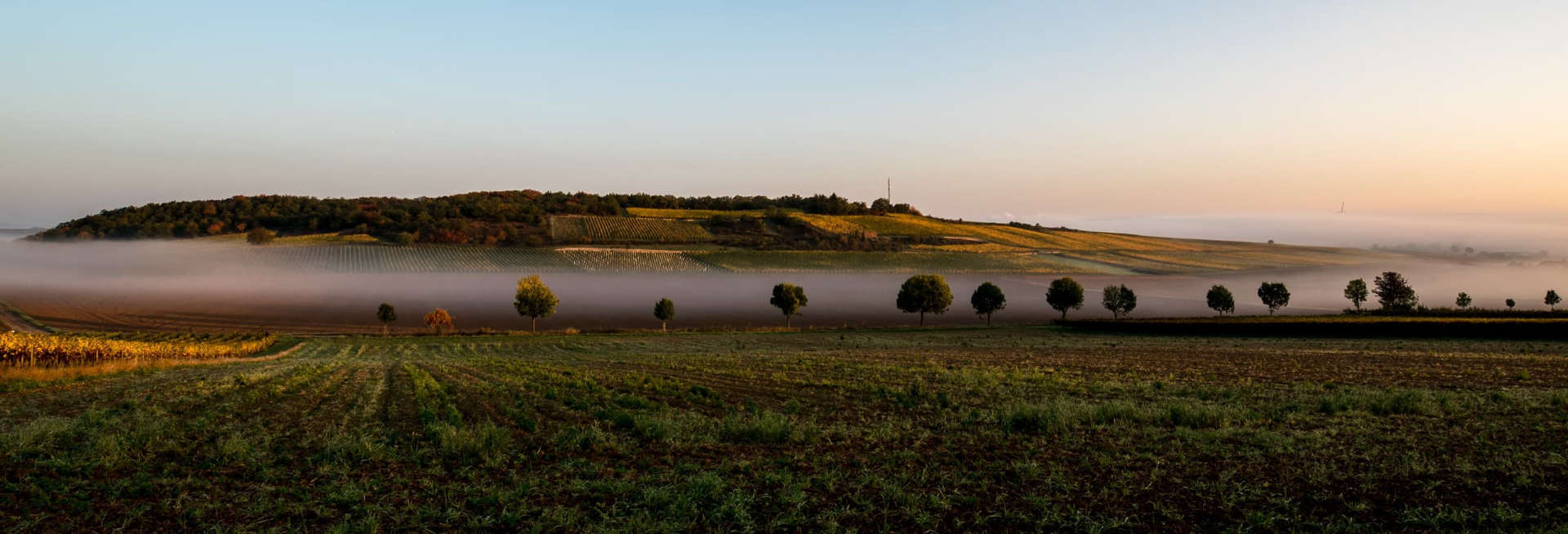Deconstructed Kogelberg Ironstone CY548 2022
Learn More About This Wine
100% Chardonnay made from Dijon clone CY548
The inspiration for the 3 Deconstructed Chardonnays stems from the belief that the Elgin region boasts credentials that make it world-class. To bolster these regional credentials, Richard has set out to prove that Elgin has both signature grapes and specific terroirs (meso-climates) that reflect intra-regional distinctions. To fully comprehend this, it is necessary to dig deeper into the DNA that makes up the region. To elucidate this, he has decided to make these 3 Chardonnay wines that have each been selected from a specific vineyard and an individual clone. Importantly, this is an ongoing story that will unfold over the coming years.
2022 follows 2021 as another cooler season. Both years experienced La Nina phenomena, with colder but slightly drier winters and cooler, slightly damper springs. There were lower minimum temperatures in the preceding winter. Rainfall was nearly identical to the long-term average, but cold units were over 20% higher, indicating prolonged low temperatures. Spring was drier than average, allowing for even budding and shoot growth. However, it was also cool, causing the growth cycle to start 10-14 days later. Cooler and drizzly weather continued into early summer, contributing to lush canopies that required continuous management. Harvest in 2022 was delayed on average by 10 to 14 days. As temperature remained moderate throughout the rest of the season, vineyards took their time to reach optimum ripeness. The 2022 crop was smaller but of exceptional quality, exhibiting stunning flavour and colour development, as well as wonderful freshness and purity of the fruit, alongside lower alcohol levels and interestingly lower acidities.
Grapes were hand-picked in the early autumnal mornings, placed into small lug baskets and tipped directly into a press before being gently whole-bunch pressed. The juice gravity-glowed directly to the barrel without settling. The unclarified juice had no enzymes or yeast added to it and therefore underwent spontaneous fermentation until dry, with malolactic discouraged. The wine rested in barrel for four months before judicious sulphuring and a further seven months’ maturation in barrel before racking, blending and bottling.
An enticing aroma of crushed stones, white nectarine, Meyer lemon, and Valencia orange. This opens to a more captivating perfume-like quality that yields citrus blossom and tea rose. The wonderful, lifted quality pervades the entry, which is dominated by a distinct minerality that is woven with duty mineral acidity, providing a linear experience. This had depth, complexity oscillating between nectarine flesh, tropical notes and rock scree. A long and focused finish that exhibits pithiness, this is ultimately a delicate wine that has subtle power that will reward time in the bottle.
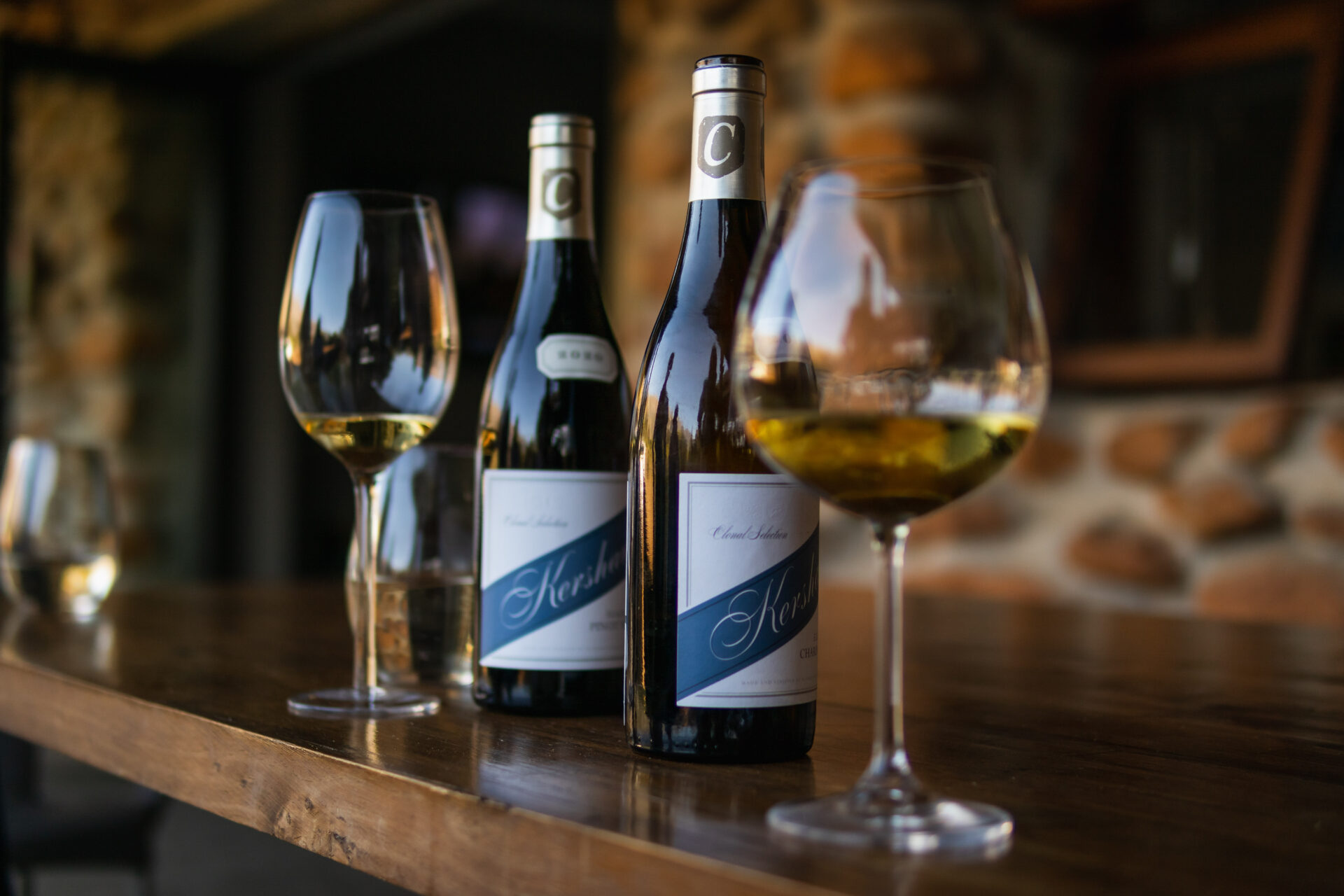
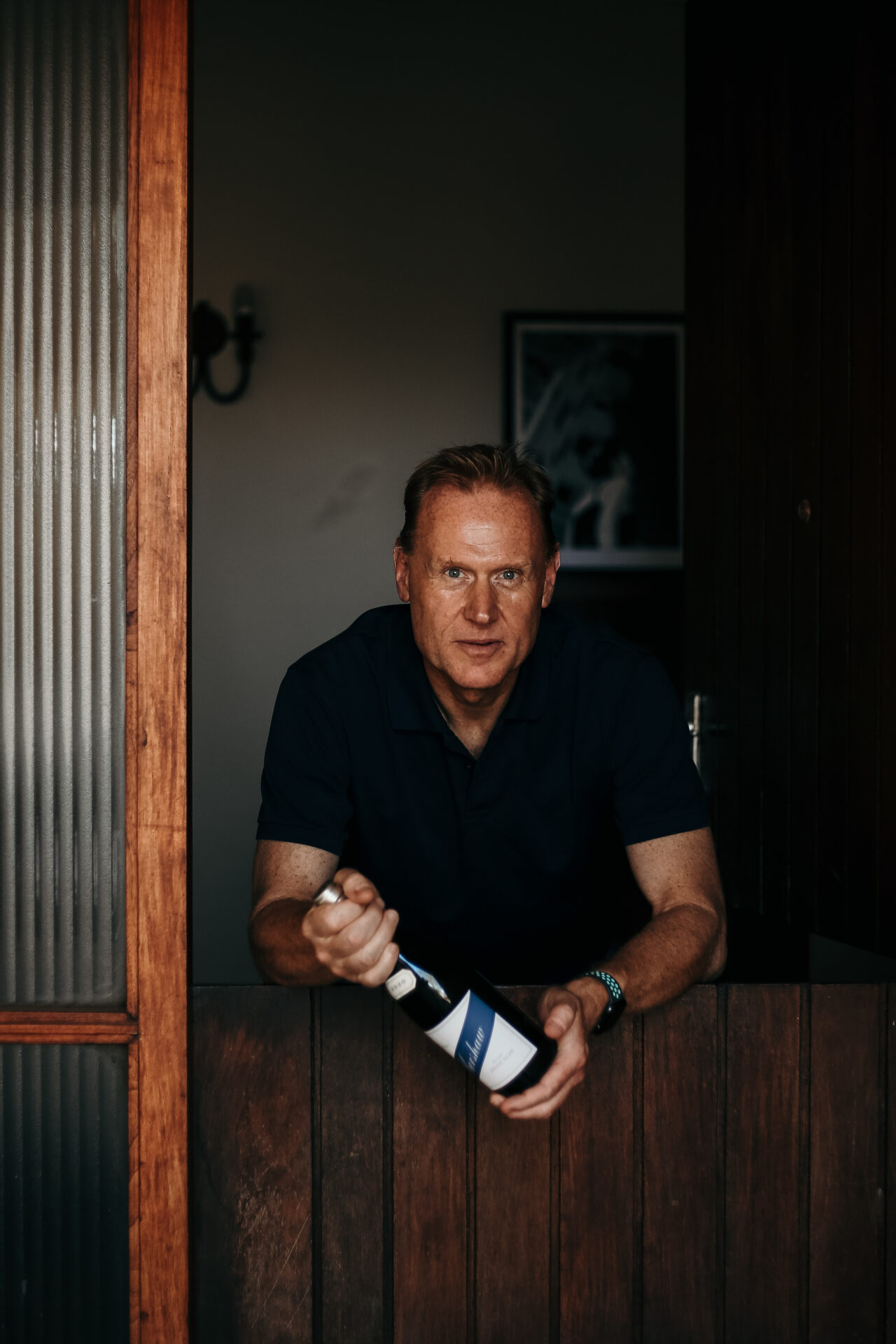
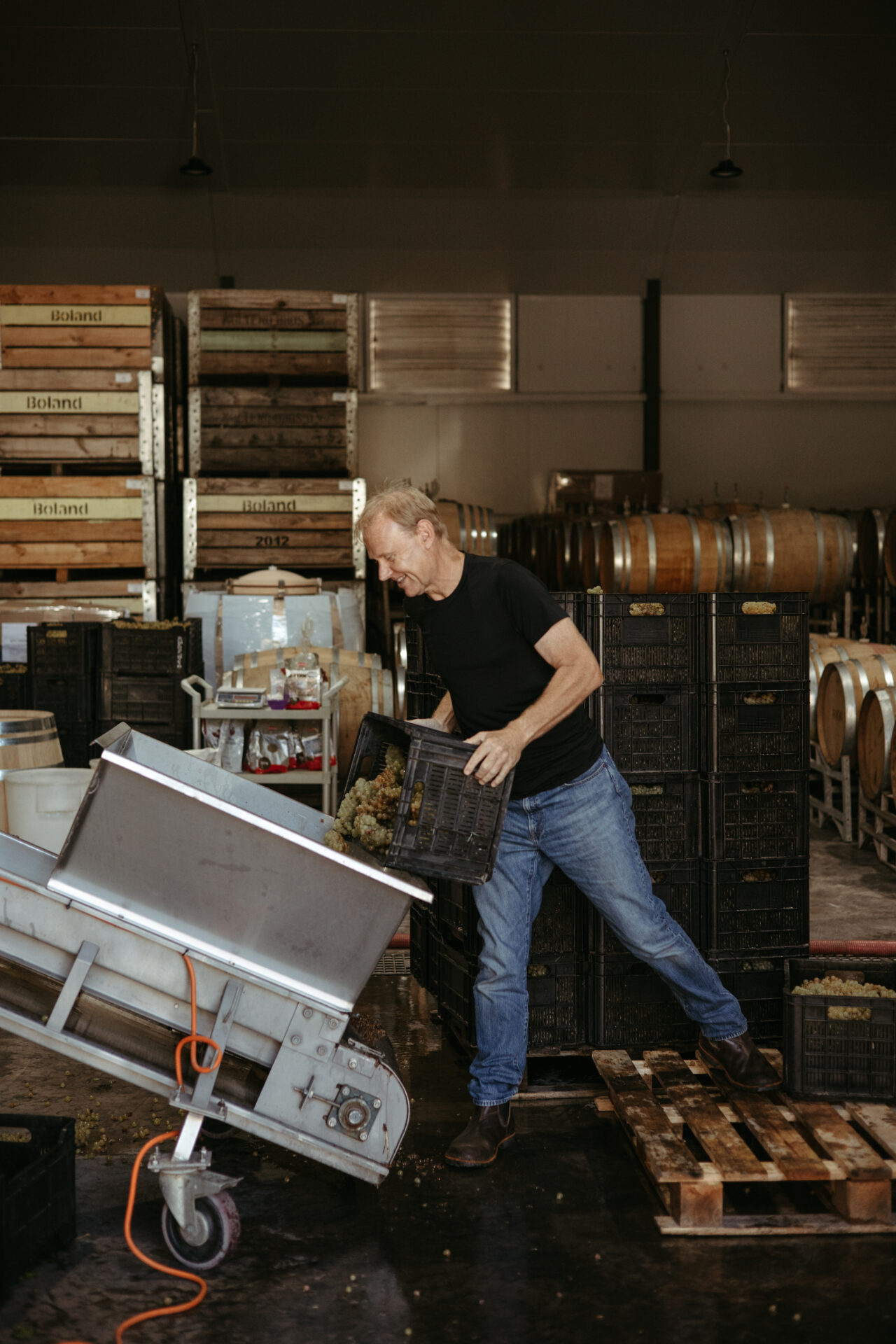
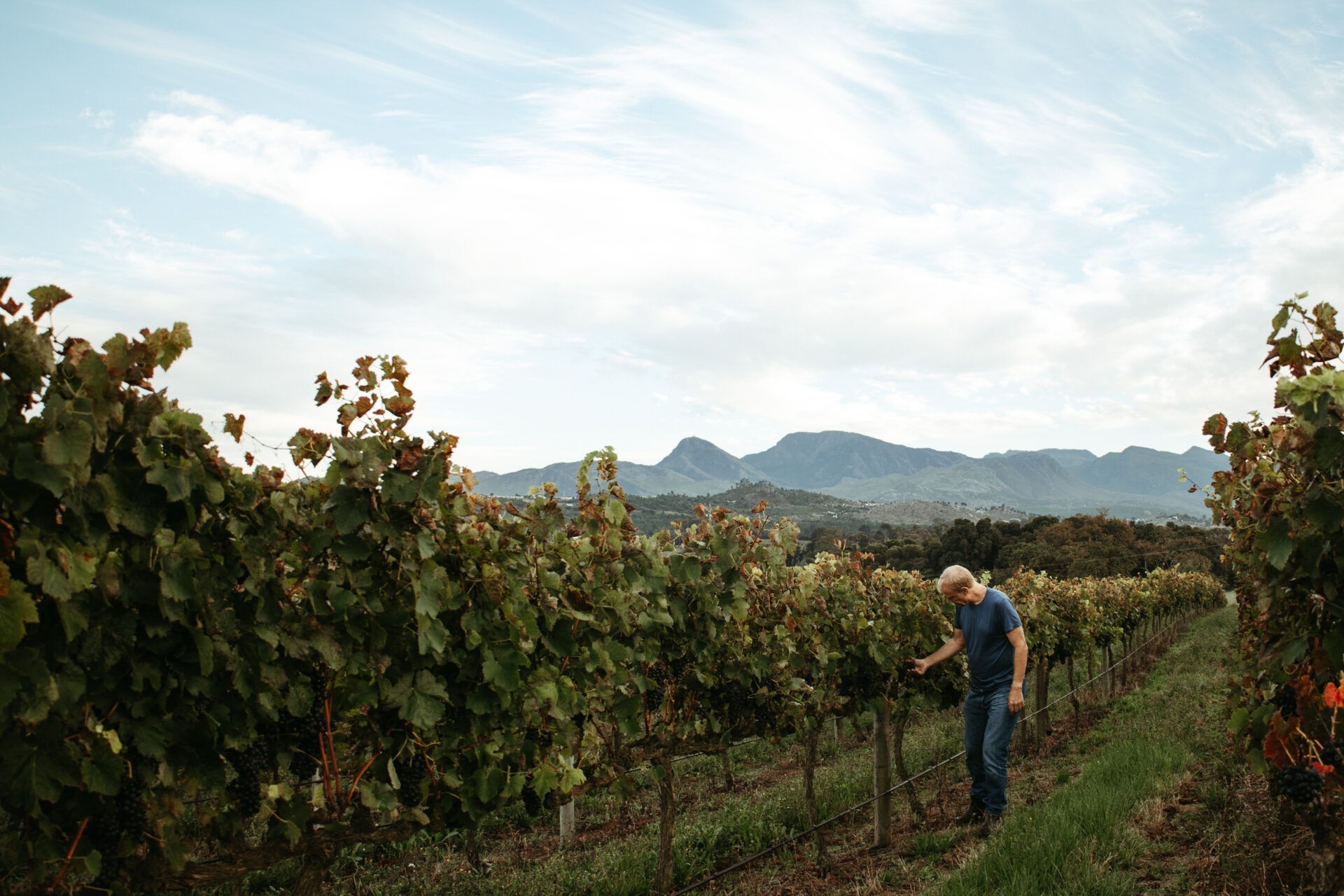
Kershaw Wines
